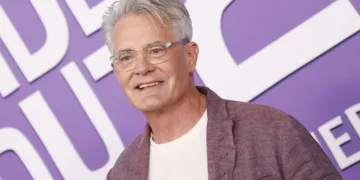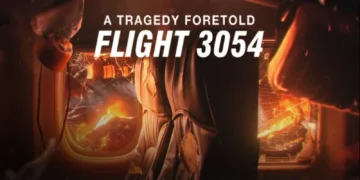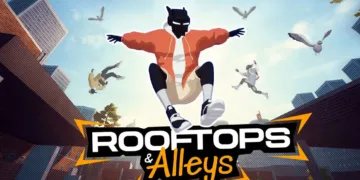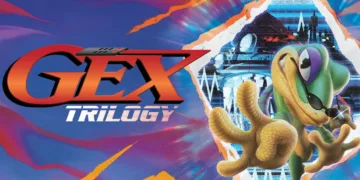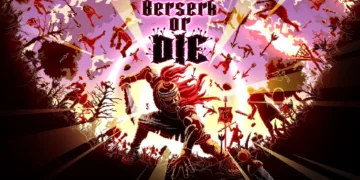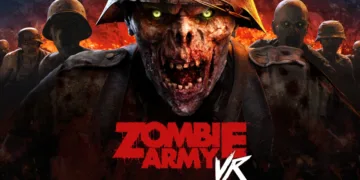British nonfiction filmmaker Charlie Shackleton’s Zodiac Killer Project—a 91-minute meta-documentary that won the NEXT Innovator Award at Sundance on 27 January 2025—continues to gather momentum five months after its Park City premiere.
Music Box Films has picked up U.S. theatrical rights and is eyeing a late-2025 release, positioning the film for awards-season consideration. According to industry insiders, both Netflix and Amazon have entered separate multi-million-dollar negotiations for worldwide streaming, with one recent list of festival sales noting a provisional $5 million figure on the table.
Shackleton—known for Beyond Clueless and the ten-hour protest piece Paint Drying—originally intended to adapt the late California Highway Patrol officer Lyndon Lafferty’s self-published investigation The Zodiac Killer Cover-Up, but the rights fell through at the last minute.
Rather than abandon the idea, he reconstructed the unmade film scene by scene, using static 16 mm shots of suburban Northern California while narrating everything the audience cannot see, turning the exercise into a pointed critique of true-crime formulae. In interviews, the director has argued that the genre’s familiar tricks “risk numbing viewers to real-world violence,” even as audiences flock to such stories.
Festival programmers have embraced that reflexive stance. After Sundance, the film screened at True/False, SXSW and Copenhagen’s CPH:DOX, and it will play Karlovy Vary on 9 July before heading to the New Zealand International Film Festival. Early reviews praise Shackleton’s dry commentary and the project’s dissection of audience complicity, though some observers note that its deliberately spare visuals may test patience outside the festival circuit.
The documentary arrives amid renewed public interest in the unsolved Zodiac case, fuelled by recent streaming series and ongoing amateur sleuth communities. By foregrounding its own thwarted production, Zodiac Killer Project shifts attention from decoding ciphers to unpacking the mechanics of storytelling itself—an approach distributors believe can distinguish the film in a crowded true-crime market once the streaming deal closes.

















